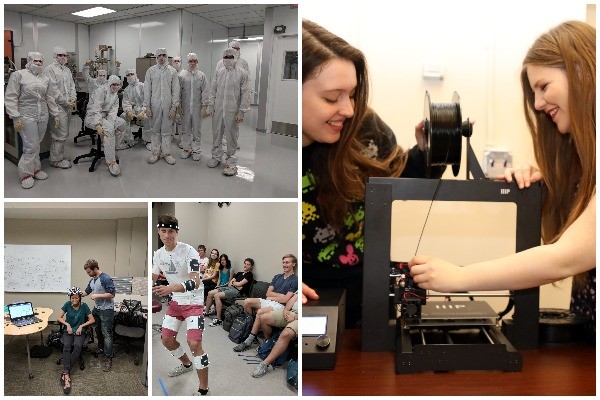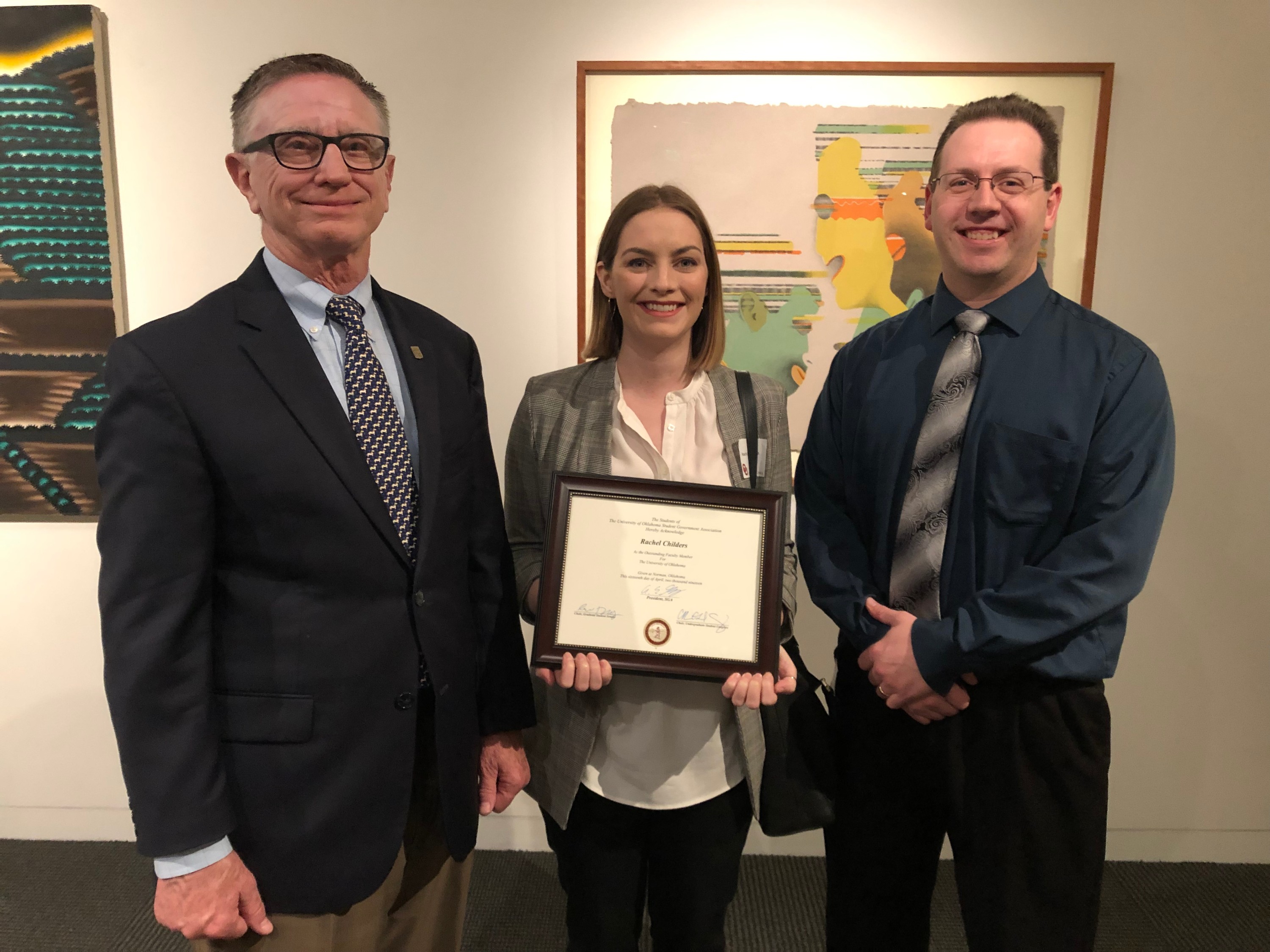Program Educational Objectives and Student Outcomes: Undergraduate Program

ABET Accredited
Bachelor of Science in Biomedical Engineering accredited by the Engineering Accreditation Commission of ABET, https://www.abet.org, under the General Criteria and the Bioengineering, Biomedical and Similarly Named Program Criteria.
Program Educational Objectives (PEOs)
PEOs for BME B.S. graduates to attain within a few years of graduation:
- Successful career advancement: Graduates are advancing in their careers, either in technical roles in the healthcare/life sciences industry, or continuing their education in professional school (e.g., medicine, dentistry, law, business) or graduate school.
- Positive contributors to society: Graduates are solving healthcare problems with the goal of benefiting the quality of life for people of varied communities, infusing creative, technically competent, evidence-based, and global perspectives.
- Interdisciplinary team contributors: Graduates are communicating effectively, valuing the views and contributions of interdisciplinary team members, and contributing to team success.
Student Outcomes List
- an ability to identify, formulate, and solve complex engineering problems by applying principles of engineering, science, and mathematics
- an ability to apply engineering design to produce solutions that meet specified needs with consideration of public health, safety, and welfare, as well as global, cultural, social, environmental, and economic factors
- an ability to communicate effectively with a range of audiences
- an ability to recognize ethical and professional responsibilities in engineering situations and make informed judgments, which must consider the impact of engineering solutions in global, economic, environmental, and societal contexts
- an ability to function effectively on a team whose members together provide leadership, create a collaborative and inclusive environment, establish goals, plan tasks, and meet objectives
- an ability to develop and conduct appropriate experimentation, analyze and interpret data, and use engineering judgment to draw conclusions
- an ability to acquire and apply new knowledge as needed, using appropriate learning strategies


